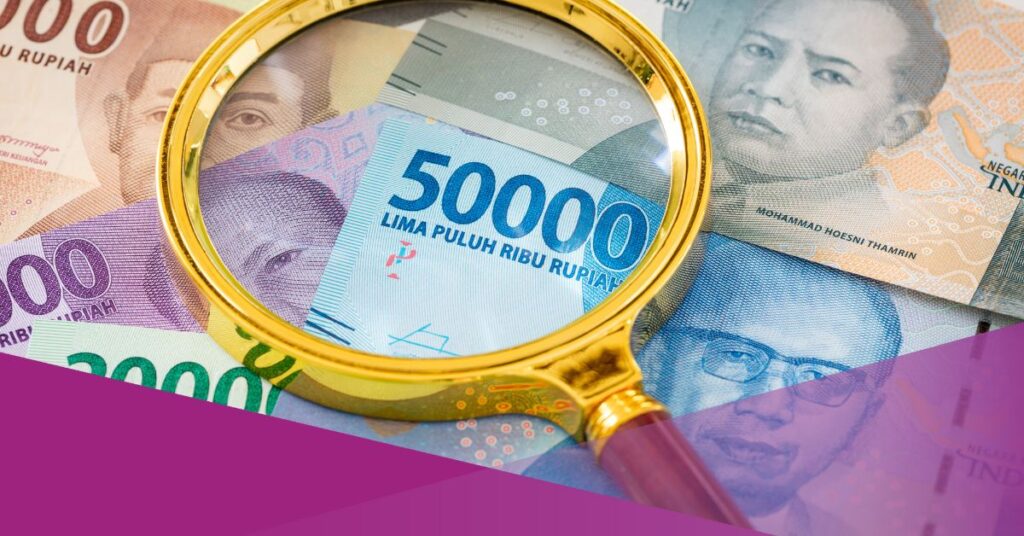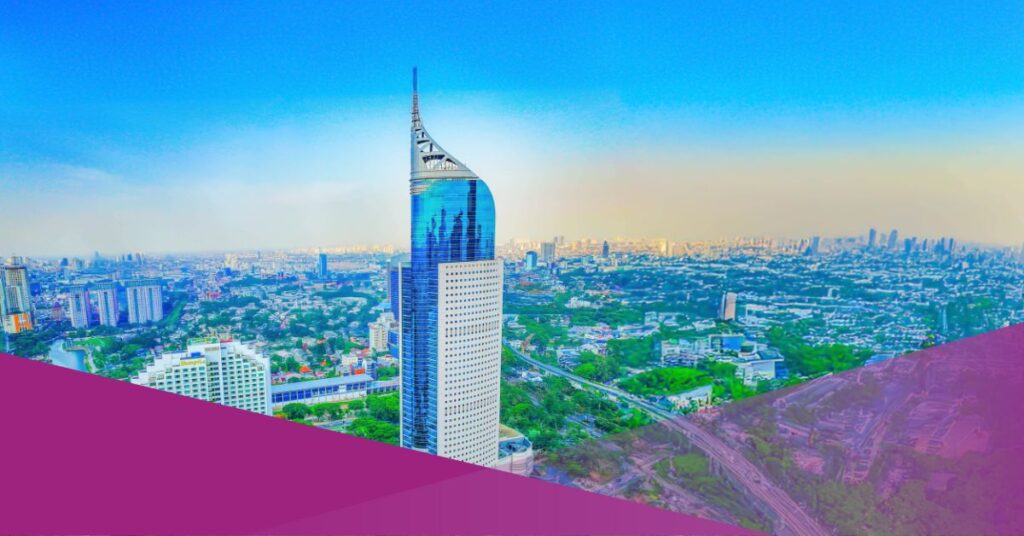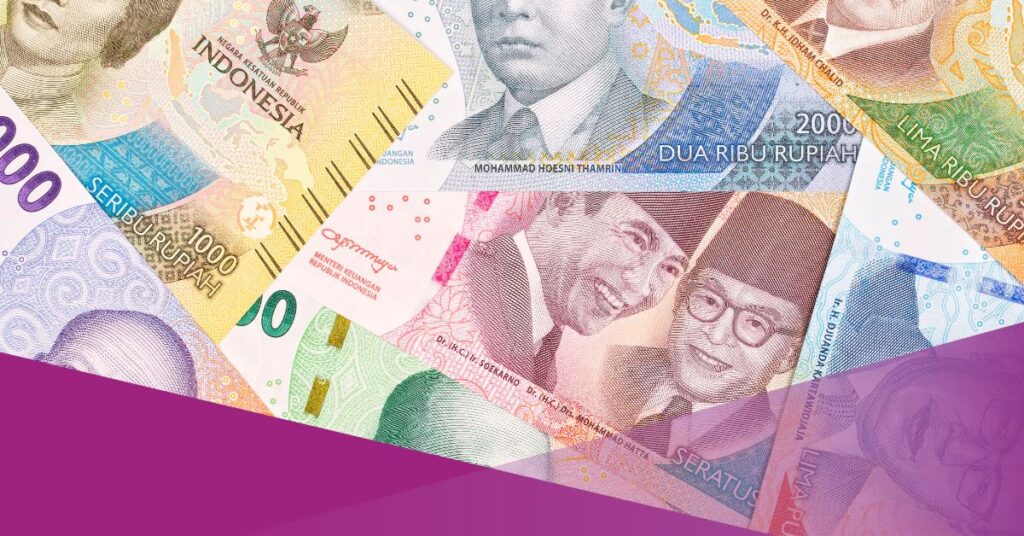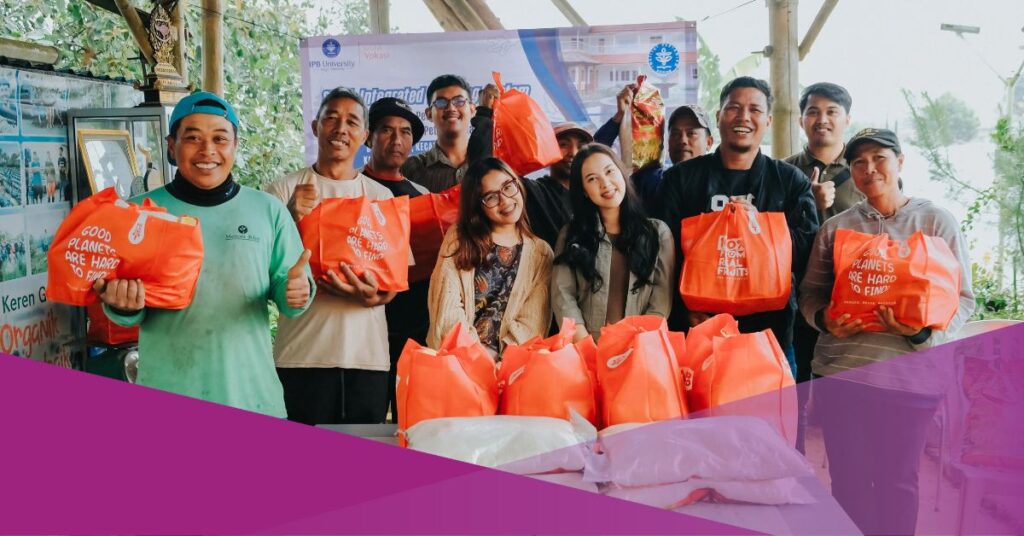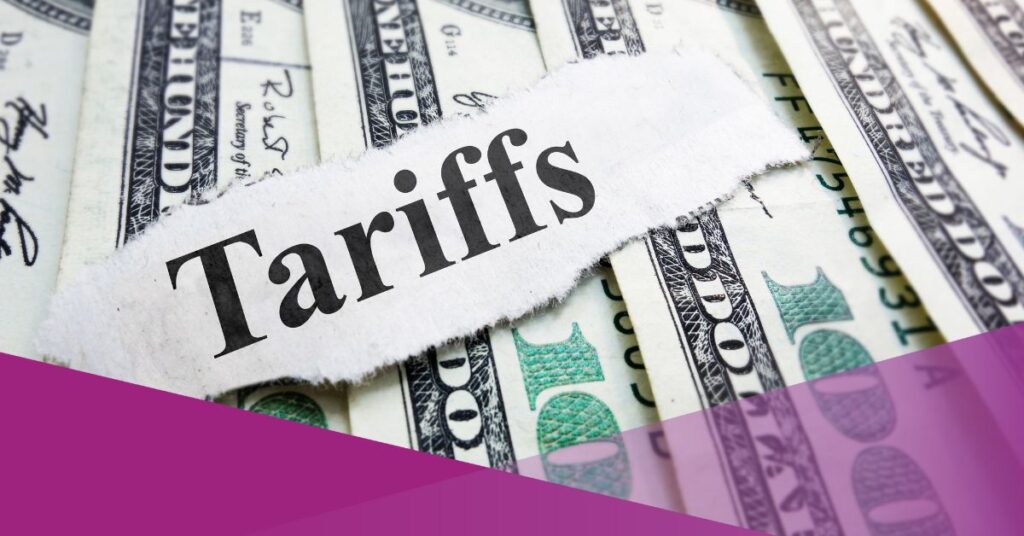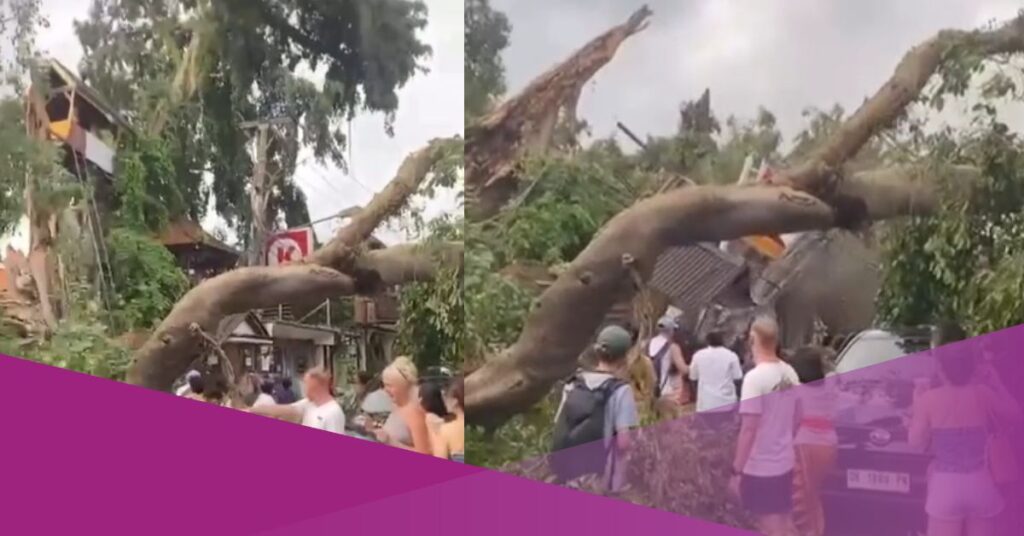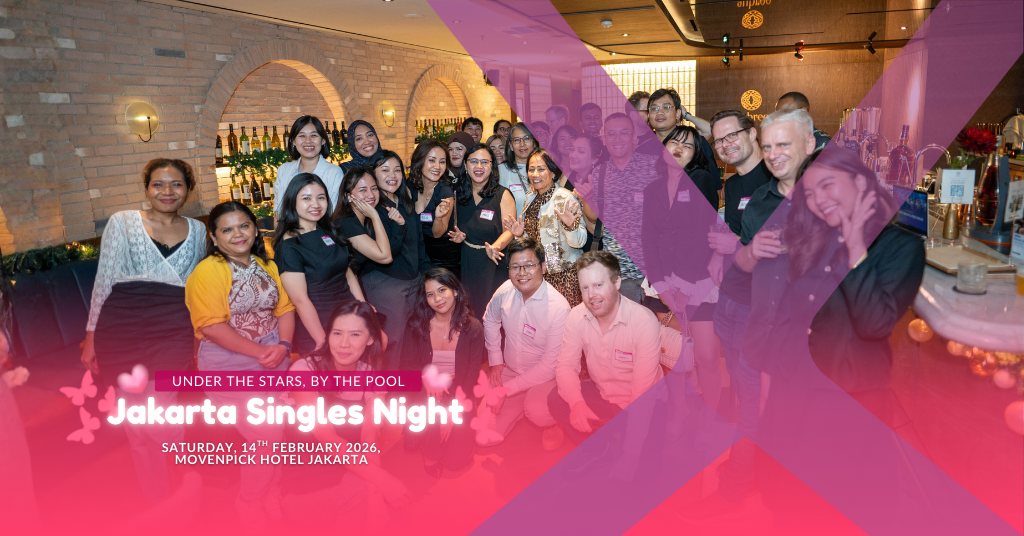President Prabowo Subianto has officially launched a comprehensive economic stimulus plan, known as the ‘8+4+5 Economic Stimulus Package’, as part of the government’s strategy to maintain growth and create jobs for the remainder of 2025.
The programme was announced by Coordinating Minister for Economic Affairs Airlangga Hartarto following a meeting with President Prabowo at the Presidential Palace in Jakarta on Monday, 15 September 2025.
Airlangga explained that the package consists of 17 programmes, structured into three groups: eight acceleration programmes to be rolled out in 2025, four programmes that will continue into 2026, and five flagship programmes aimed at absorbing more labour.
“The meeting with the President discussed the policies to be taken, which we have named the economic package programme for 2025,” said Airlangga, as quoted by Kompas.com.
The government’s decision to implement this stimulus plan comes as it seeks to support the economy amid revised growth expectations.
Referring to Law Number 62 of 2024 on the 2025 State Revenue and Expenditure Budget, this year’s economic growth target had originally been set at 5.2% year on year (yoy). However, the government has now adjusted the target to between 4.7% and 5% for the full year.
Details of the 8 Acceleration Programmes for 2025
@idxchannel Pemerintah meluncurkan 8 program akselerasi 2025 sebagai bagian dari stimulus fiskal. Salah satunya program magang untuk lulusan baru (fresh graduate) maksimal satu tahun setelah lulus perguruan tinggi. Menteri Koordinator Bidang Perekonomian, Airlangga Hartarto mengatakan, program magang ini akan dikerjasamakan dengan industri. Airlangga menambahkan, program magang bagi lulusan baru akan berlangsung selama enam bulan. Pemerintah yang akan membayar uang saku itu. Kebijakan magang ini merupakan bagian dari program paket ekonomi yang diberi nama 8+4+5. Rinciannya, 8 program akselerasi 2025, 4 program dilanjutkan di 2026, dan 5 program andalan pemerintah untuk penyerapan tenaga kerja.#idxchannel #idxchannelcommunity ♬ suara asli – idx channel
In his presentation, Airlangga outlined the eight acceleration programmes that will begin rolling out in 2025 with a total allocated budget of Rp 16.23 trillion.
The first is an internship programme for fresh graduates, targeting 20,000 university graduates within one year of finishing their studies. Participants will receive an allowance equivalent to the minimum wage for six months.
The second programme is the expansion of the Government-Borne Income Tax (PPh 21) incentive, focused on supporting the tourism, hotel, restaurant and café sectors.
A total of 552,000 workers will be granted PPh 21 exemptions for three months at the end of 2025, with a budget of Rp 120 billion, and the initiative will continue in 2026 with a Rp 480 billion budget.
The third programme is a food assistance scheme, under which the government will distribute 10 kilograms of rice per month to 18.3 million beneficiary families during October and November 2025. This has been given an estimated budget of Rp 7 trillion.
Airlangga also announced that the government will subsidise part of the Work Accident Insurance (JKK) and Death Insurance (JKM) contributions for 731,000 informal workers, including motorcycle taxi drivers, drivers, couriers and logistics workers.
They will receive a 50 per cent contribution discount for six months, with coverage including death benefits of up to 48 times their salary, disability benefits of 56 times their salary, scholarships of Rp 174 million for two children, and death benefits of Rp 42 million.
“The Rp 36 billion in funding for this programme will be covered by BPJS Ketenagakerjaan,” Airlangga stated.
Another initiative involves additional housing benefits from BPJS Ketenagakerjaan, through reduced interest rates on mortgages, apartments and landed houses.
The interest rate has been lowered from BI Rate + 5 per cent to BI Rate + 3 per cent, while developer credit interest has been cut from BI Rate + 6 per cent to BI Rate + 4 per cent. This scheme targets 1,050 housing units with a total value of Rp 150 billion.
The government is also preparing a cash-for-work programme designed to employ more than 609,000 workers from September to December 2025. This programme has received Rp 3.5 trillion from the Ministry of Public Works (PU) and Rp 1.8 trillion from the Ministry of Transportation.
The seventh programme involves the acceleration of spatial deregulation by integrating digital Detailed Spatial Plans (RDTR) into the Online Single Submission (OSS) system.
The government plans to cover 50 regions in 2025 with a budget of Rp 175 billion, then expand to 300 regions in 2026 with an additional Rp 1.05 trillion.
Finally, the government has launched a gig economy-based urban programme, starting with a pilot project in Jakarta.
This project will provide shared workspaces and improve housing quality, before being expanded to West Java, Central Java, East Java, Banten, Bali, Manado, Makassar and Batam.
Airlangga explained that the initial funding of Rp 2.7 trillion came from the DKI Jakarta Provincial Government with support from the Ministry of Creative Economy.
Airlangga stated that four of the economic stimulus will continue into 2026, while five flagship government initiatives are being designed specifically to absorb more workers across sectors. “We are aiming to maintain stability and create opportunities, particularly for young graduates and informal workers,” he said.
